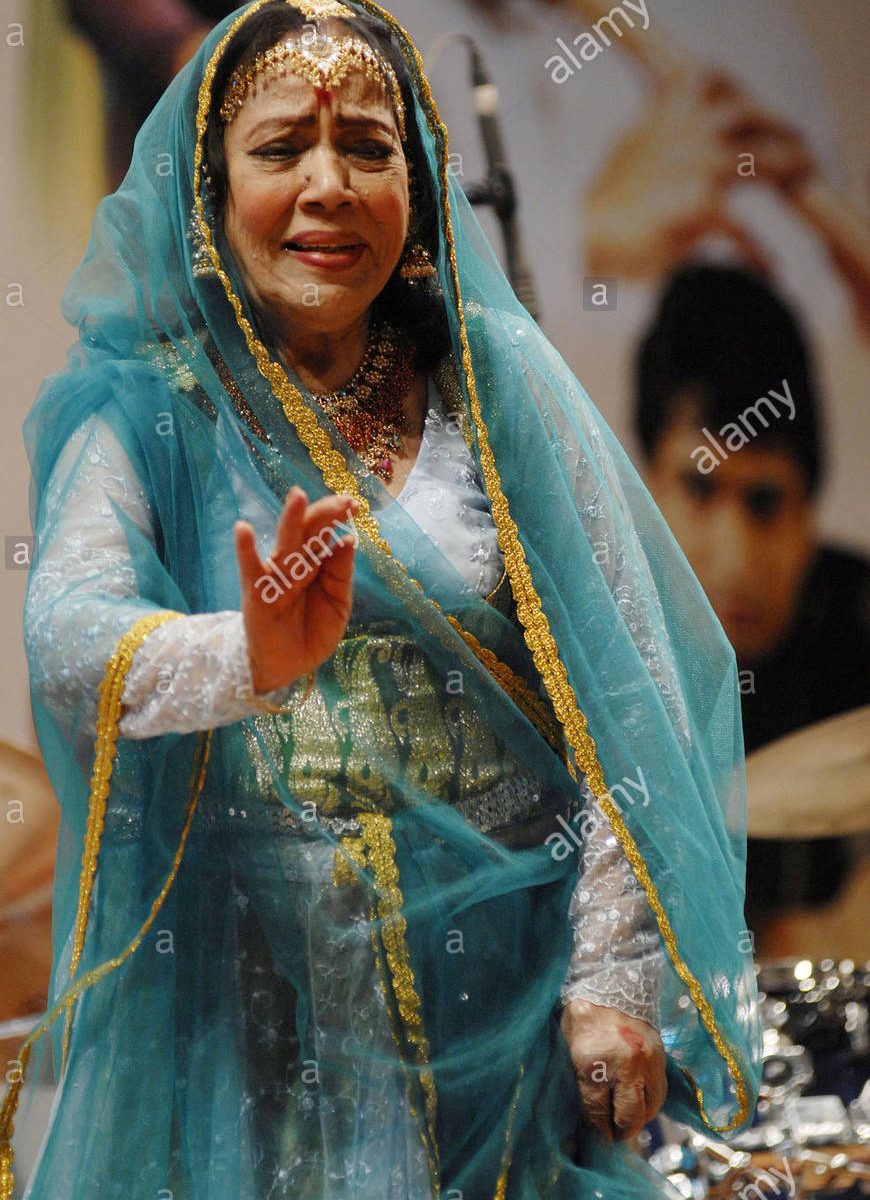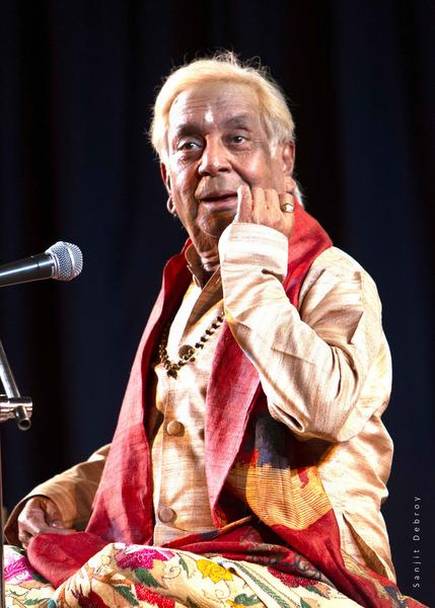sPOKEN AND VERBAL ELEMENTS
Vachik Abhinaya
Vacika Abhinaya is communication through verbal representation of an idea. Dialogues, soliloquy, lyrics of songs, and even mere voicing of sounds through instruments like the tabla, harmonium will come under vachik abhinaya.
"The chief aim of vachika lies in experimenting with different uses of speech"
Apart from rules relating to language, dialect, three are three main elements in Vachika Abhinaya: reading (pathan), telling (kathan), dialogue (samvad)
Even if the lyrics are perfect, without proper utterance, the overall effect is ruined and the meaning is irreversibly altered . It is possible to express contrary feelings through voice modulation
To achieve this, the recitation must possess 6 main qualities:
Svaras/स्र्वर (musical notes)
Sthanas/स्थान (voice registers)
Varnas/र्वर्व (manner of uttering svaras)
Kak/काकू (intonation) of two types –with expectancy in an
unfinished sentence, and without expectancy as in a completed sentence.
Alankaras/अऱंकार (enhancement) are of six types represented through pitch and speed of utterance,
Anga Shringar are of six
types indicated by pauses, reciting in metre etc
There are three possible positions for the origins of speech: the heart (ur), throat (kanth), and head (sir)
It is necessary to know what type of speech should be used, and where each specific type should originate. For thus, proper understanding of tone (star), and place (sthan) is essential.
The language employed should suit the characters
Every performer should know and properly use intonation, and rise (aaroh) and fall (avroh) in voice, depending on the Kak, of the sentence.



The main relationship of Vachika Abhinaya is not with the body but with the experimentation of verbal elements
In the Natya Shastra, vacika on the highest pedestal by saying “In this world the Shästras are made up of words and rest on words, hence there is nothing beyond words, and words are the source of everything.” So he advises that one should put in effort to perfect the väcika or words as it forms the body of the naöya; the angika, aharya and satvika clarify its meaning by making it visual.
